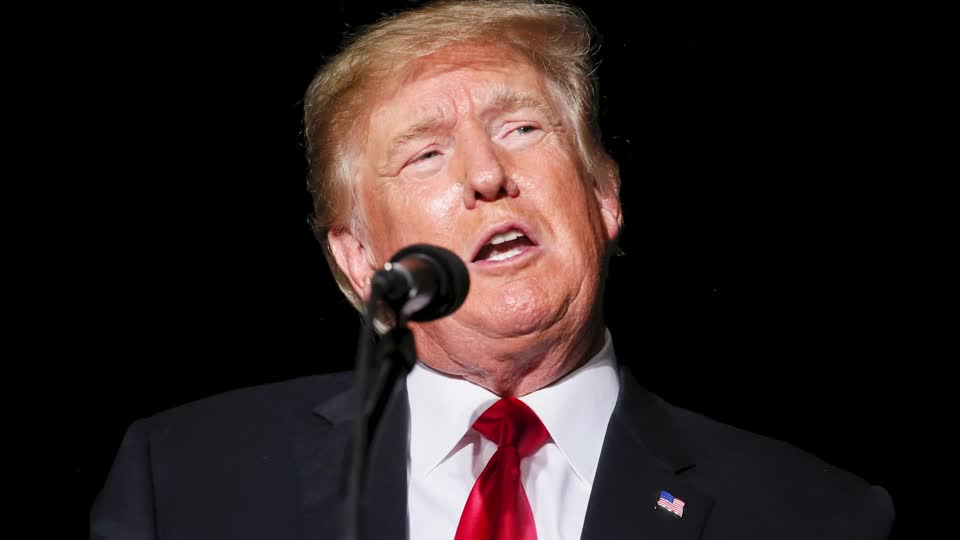
Chris Lieberman, FISM News
[elfsight_social_share_buttons id=”1″]
On Monday, former President Donald Trump filed a lawsuit aimed at blocking the National Archives from releasing documents to the House committee investigating the events of January 6.
Trump’s lawyer for the case, Jesse Binnall, claims in the lawsuit that the Select Committee’s request for the documents is unconstitutional and violates executive privilege, which is the right presidents have to withhold certain confidential communication.
The suit calls the committee’s request, “nothing less than a vexatious, illegal fishing expedition openly endorsed by Biden and designed to unconstitutionally investigate President Trump and his administration.” It goes on to argue that, “The Committee’s requests are unprecedented in their breadth and scope and are untethered from any legitimate legislative purpose.”
The Select Committee made a broad requests to the National Archives on Aug. 25 for documents going as far back as April 1, 2020 related to Trump’s presidential campaign, as well as “all documents and communications related to prepared public remarks and actual public remarks of Donald Trump” between November 3, 2020 and January 20, 2021.
The National Archives sent the first batch of documents, consisting of hundreds of pages, to Trump and his lawyers for review. Trump identified several dozen of them as covered by executive privilege and wrote a letter to the archivist requesting them to be withheld.
However, earlier this month the Biden administration authorized the documents to be released to the committee, declining Trump’s appeal to executive privilege. White House counsel Dana Remus said that the documents, “shed light on events within the White House on and about January 6 and bear on the Select Committee’s need to understand the facts underlying the most serious attack on the operations of the Federal government since the Civil War.”
In response, the Archives informed the committee that they would turn over the documents next month, prompting Trump’s team to file the lawsuit, blocking their release.
In a statement, Representatives Liz Cheney (R-Wyo.) and Bennie Thompson (D-Miss.), who chair the Select Committee, said, “The former president’s clear objective is to stop the Select Committee from getting to the facts about January 6th and his lawsuit is nothing more than an attempt to delay and obstruct our probe.”
The lawsuit brings into question the scope and application of executive privilege.
Historically, courts have determined that the privilege has its limitations in extraordinary circumstances, such as when the Supreme Court ruled that it could not be used to protect the Oval Office tapes during the Watergate scandal. Cheney and Thompson argue that the same rules should apply to the Committee’s request, saying, “It’s hard to imagine a more compelling public interest than trying to get answers about an attack on our democracy and an attempt to overturn the results of an election.”
There are also questions about how long executive privilege applies to a president after leaving office. This is the first case of a dispute between a current and former president about the application of executive privilege. Some warn that Biden’s refusal to comply with Trump’s request for executive privilege could set a dangerous precedent that could make presidents vulnerable to partisan investigations once their term ends.
